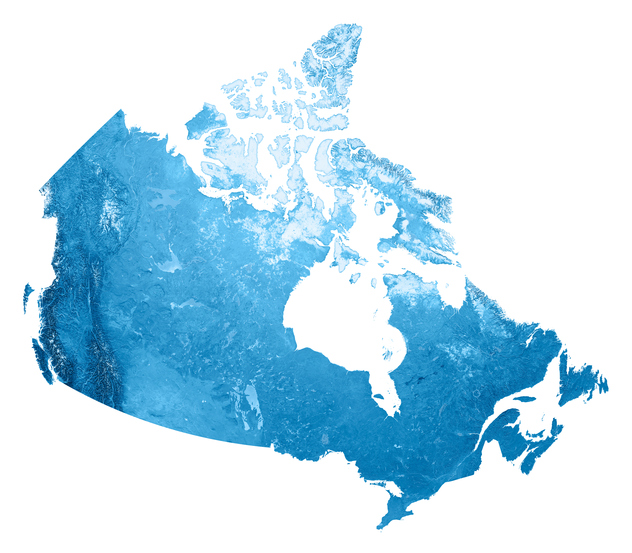A study from the Fraser Institute reports that Canada’s freshwater supply and water quality is generally very good.
“Canadians are rightly sensitive about the country’s water supply, and the good news is that, overall, the quantity and quality of Canada’s freshwater is quite good,” said Ross McKitrick, professor of economics at the University of Guelph, Fraser Institute senior fellow and co-author of Evaluating the State of Fresh Water in Canada.
This study concluded that more than four out of five, or 82 per cent, of the country’s freshwater monitoring sites indicated fair to excellent quality between 2014 and 2016, and only two per cent of sites indicated poor water quality.
Improvements were noted in municipal wastewater and sewage treatment, regulatory compliance of mining operations, and run-off from pulp and paper plants, among other sensitive uses.
But there are ongoing areas of concern that must continue to be monitored, noted the report, particularly in the densely populated and agricultural areas in the Great Lakes and St. Lawrence River region.
The study also examined Canada’s quantity of freshwater and determined that consumption represents about one per cent of the freshwater that is annually available in Canada.
“Stresses on water quality do exist, but the overall assessment of Canada’s freshwater is quite positive,” said Elmira Aliakbari, the Fraser Institute’s associate director of natural resource studies and study co-author.
The report corroborates other findings on improvements in Canada’s water quality, notably in the assessment and concentrations of toxic chemicals in fresh water in the Great Lakes. As well, contamination of freshwater fish has declined since the 1970s. Similar findings were presented in the State of the Great Lakes 2017 Highlights Report.
Other reports have been less conclusive on the positive state of Canada’s water quality and threats to freshwater resources. Emerging contaminants of concern in fresh water, such as PBDEs, still evade existing regulation and continue to contaminate shared waters. Although, a notice of intent to amend legislation to improve protection from PBDE contamination recently concluded public consultation in November.
As well, WWF-Canada’s freshwater reports articulated a more concerning state of freshwater health and water quality across the country.
The Fraser Institute report, Evaluating the State of Fresh Water in Canada, can be found on their website.









